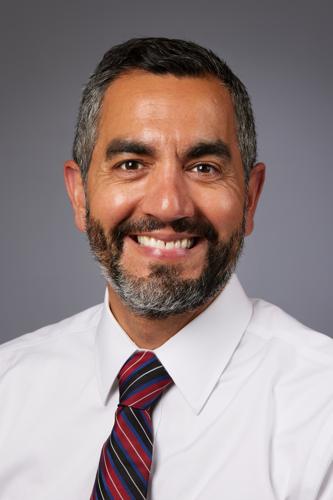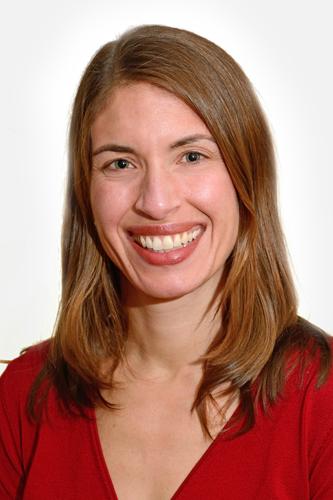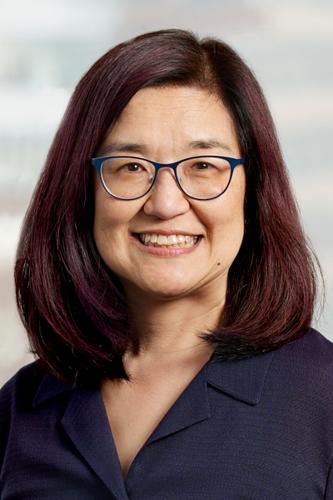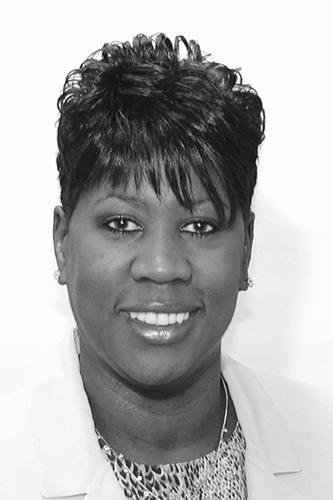Faster Paths to Treatment, is BMC’s substance use disorder urgent care program. It is a judgment-free home for people suffering with addiction. Staff members help individuals overcome their addiction by rapidly evaluating, motivating, and referring patients with substance use disorders to a network of care, including inpatient and outpatient detox, treatment, and aftercare services.
Contact Us
8:30 AM - 4:30 PM, 7-days a week
Conditions We Treat
Treatments & Services
- Referral to addiction treatment
- Assessment for medication for addiction treatment, including prescriptions for induction and stabilization on buprenorphine/naloxone (Suboxone), buprenorphine extended-release injection (Sublocade), naltrexone pills or injection (Vivitrol) for blocking cravings, and under certain circumstances 72-hours of methadone dosing in our methadone clinic
- HIV prevention and treatment resources and medication
- Opioid overdose education including naloxone (Narcan) rescue kits
- Access to BMC case management, which can help with overcoming common barriers to health care, including transportation and acquiring a Massachusetts Identification Card
- Access to a BMC primary care doctor
- Access to community-based support services from the recovery specialists from Rapid ACCESS program
Our Team
Jessica L. Taylor, MD

Ricardo Cruz, MD

Joanna L. D'Afflitti, MD, MPH


Theresa W Kim, MD

Miriam S. Komaromy, MD

Jordana Laks, MD, MPH

Sandra S. Looby-Gordon, MD


Alyssa F Peterkin, MD



More About Me

Karrin Weisenthal, MD
Department News
Bridge Clinic Model for Methadone Initiation Leads to High Linkage and Retention in Opioid Treatment
BOSTON – According to a new study from Boston Medical Center’s Grayken Center for Addiction, methadone administration for opioid withdrawal with direct opioid treatment program admission under the …

Research Overview
Partnering With State Health Departments to Address Injection-Related Infections During the Opioid Epidemic: Experience at a Safety Net Hospital - Burns RH, Pierre CM, Marathe JG, et al. . Open Forum Infect Dis. 2021;8(8):ofab208. Published 2021 Apr 27.
Integrating Harm Reduction into Outpatient Opioid Use Disorder Treatment Settings : Harm Reduction in Outpatient Addiction Treatment - Taylor JL, Johnson S, Cruz R, Gray JR, Schiff D, Bagley SM. [published online ahead of print, 2021 Jun 22]. J Gen Intern Med. 2021;1-10. doi:10.1007/s11606-021-06904-4
A collision of crises: Addressing an HIV outbreak among people who inject drugs in the midst of COVID-19. - Taylor JL, Ruiz-Mercado G, Sperring H, Bazzi AR. J Subst Abuse Treat. 2021;124:108280. doi:10.1016/j.jsat.2021.108280
Low Barrier Tele-Buprenorphine in the Time of COVID-19: A Case Report. - Harris M, Johnson S, Mackin S, Saitz R, Walley AY, Taylor JL. J Addict Med. 2020;14(4):e136-e138. doi:10.1097/ADM.0000000000000682
Stuck in the window with you: HIV exposure prophylaxis in the highest risk people who inject drugs - Taylor JL, Walley AY, Bazzi AR. : . Subst Abus. 2019;40(4):441-443. doi:10.1080/08897077.2019.1675118
Residency and Fellowship Information
Addiction Medicine Fellowship
The mission of the Grayken Fellowship in Addiction Medicine is to train physician addiction medicine leaders in clinical care, research, education, public health, and advocacy to improve addiction care for people vulnerable to health inequities due to race, ethnicity, gender, poverty, age, disability or stigmatizing illness.
The Grayken Addiction Medicine Fellowship Program is a 1 or 2 year fellowship. There is also a 3-year combined Infectious Disease-Addiction Medicine Fellowship and a 2-year Fellowship in Maternal Health Addiction. Fellows are mentored by our multidisciplinary faculty from Internal Medicine, Infectious Disease, Emergency Medicine, Obstetrics & Gynecology and Addiction Psychiatry. The Grayken Fellowship in Addiction Medicine is accredited by the ACGME. Click here to learn more
 en
en 
 Français
Français Deutsch
Deutsch Italiano
Italiano Español
Español Tiếng Việt
Tiếng Việt Kreyol ayisyen
Kreyol ayisyen